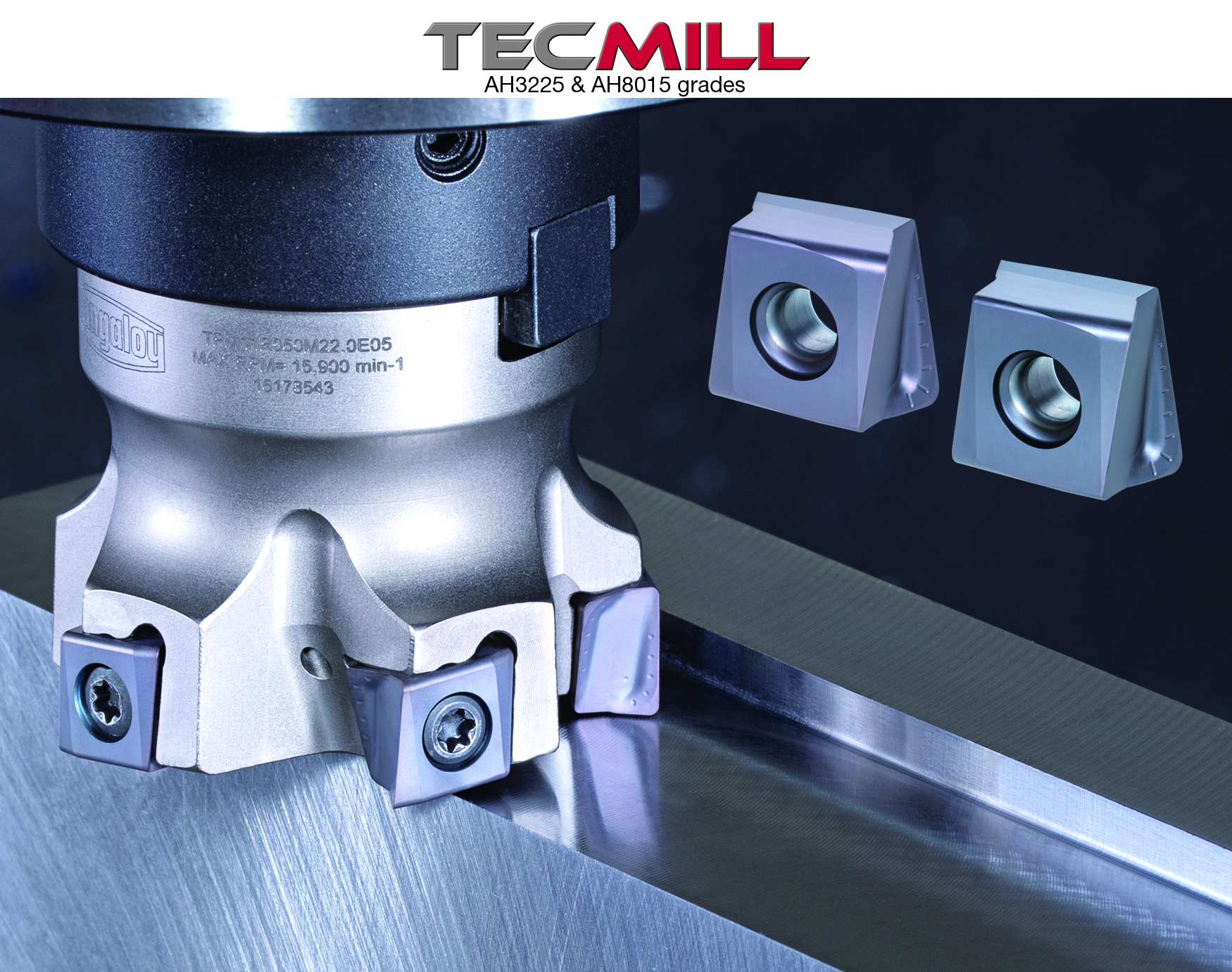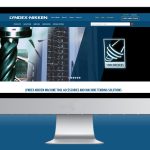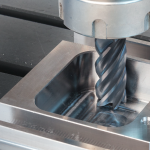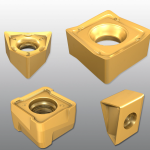TecMill AH3225 and AH8015 Inserts
TecMill AH3225 and AH8015 Inserts
Providing exceptional reliability and increased tool life in steel, the new AH3225 insert grade consists of a unique nano-multilayer coating featuring three distinctive characteristics for improved resistance to built-up edge, wear, and delamination, combined with a dedicated tough carbide substrate. AH8015 is another PVD grade, consisting of extremely hard PVD coating combined with a tough carbide substrate. The grade demonstrates excellent tool life stability in cast iron and heat-resistant superalloys.

Tungaloy has added ten total inserts of AH3225 and AH8015 physical vapor deposition (PVD) coated grades to its TecMill roughing tangential milling cutter line commonly used in heavy-duty square shoulder and face milling operations.
TecMill tackles heavy-duty roughing processes of face and square shoulder milling operations, which usually involve medium to high horsepower machines. Tangentially mounting of robust inserts enhances tool stability and provides a thick core, enabling high efficiency during heavy-duty milling operations.
Providing exceptional reliability and increased tool life in steel, the new AH3225 insert grade consists of a unique nano-multilayer coating featuring three distinctive characteristics for improved resistance to built-up edge, wear, and delamination, combined with a dedicated tough carbide substrate. AH8015 is another PVD grade, consisting of extremely hard PVD coating combined with a tough carbide substrate. The grade demonstrates excellent tool life stability in cast iron and heat-resistant superalloys.






